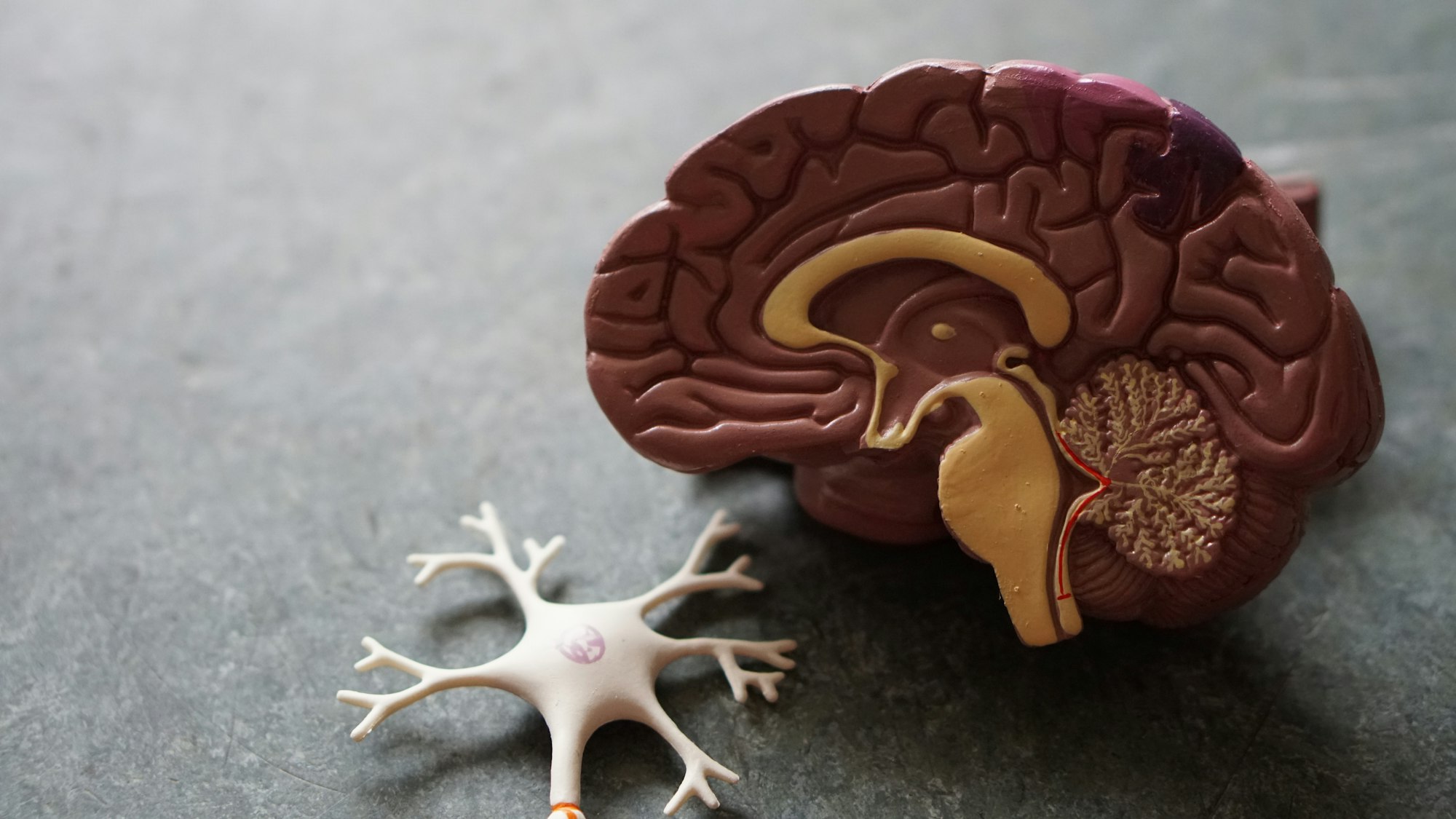Understanding Dementia in Seniors: Symptoms, Risks, and Early Signs
Explore dementia in seniors, including early symptoms, Alzheimer's, and risk factors. Understand signs, diagnosis, and managing the condition. Learn about different types and how family history and lifestyle affect dementia, aiming for early detection and support.

Dementia, a term that encompasses a range of neurological conditions, most notably Alzheimer's disease, is a growing concern in aging populations. It's not just a disease but a collection of symptoms that signify a decline in cognitive functioning. This article aims to shed light on the various aspects of dementia, including its symptoms, risk factors, and the importance of early diagnosis.
Recognizing the Early Symptoms of Dementia
Dementia symptoms often develop gradually and subtly. In its early stages, a person with dementia might exhibit memory problems, such as forgetting familiar tasks or occasionally missing appointments. These early signs, while sometimes dismissed as normal aging, can be indicative of mild cognitive impairment, a precursor to dementia.
Early onset dementia, which occurs before the age of 65, can be particularly challenging to diagnose due to its rarity. However, recognizing the symptoms early is crucial for managing the condition effectively.
Cognitive Aging vs. Symptoms of Dementia in Seniors
Alzheimer's Disease: A Common Culprit
Alzheimer's disease is the most common cause of dementia in seniors, characterized by the development of amyloid plaques and tau tangles in the brain. These lead to the loss of connections between nerve cells, and eventually, the death of these cells and a loss of brain tissue.
Symptoms of Alzheimer's can include difficulty finding the right words, memory loss, and impaired judgment. As Alzheimer's progresses, these symptoms become more pronounced, affecting a person's ability to carry out day-to-day activities.
Other Forms of Dementia
While Alzheimer's is the most well-known, other forms of dementia also affect seniors. Vascular dementia, for example, is often caused by reduced blood flow to the brain. Frontotemporal dementia affects the front and sides of the brain, leading to changes in personality and behavior.
Lewy body dementia, marked by abnormal deposits of a protein called alpha-synuclein in the brain, causes symptoms similar to Alzheimer's but also includes sleep disturbances and visual hallucinations. Mixed dementia involves symptoms of more than one type of dementia occurring simultaneously.
Common early signs of senior age dementia symptoms include:
Risk Factors and Family History
Several risk factors can increase the likelihood of developing dementia. Age is the most significant, with most cases affecting older adults. A family history of dementia also raises the risk, as do lifestyle factors such as a lack of physical activity, poor diet, and smoking.
Conditions like high blood pressure and diabetes, if not managed properly, can also elevate the risk. Rare brain disorders like Creutzfeldt-Jakob disease and head trauma are additional factors that could lead to dementia.
The Role of Early Diagnosis and Intervention
Early diagnosis of dementia can significantly improve the quality of life for those affected. It allows for early treatment options that can slow the progression of the disease and help manage symptoms. Laboratory tests and cognitive assessments are used to diagnose dementia, along with a thorough evaluation of a person's symptoms.
Family members often play a crucial role in noticing early signs of dementia. Common warning signs to watch for include memory lapses, difficulty finding words, and changes in mood or behavior.
Living with Dementia
A person living with dementia may experience a wide range of symptoms. These can vary from memory loss and confusion to difficulty with familiar tasks and poor judgment. As dementia progresses, symptoms become more severe, and the person may lose interest in previously enjoyed activities and have trouble managing daily tasks.
Support from family members and caregivers is vital for those with dementia. This includes helping them maintain a healthy lifestyle, which can include a healthy diet, regular exercise, and cognitive stimulation.
Coping Strategies and Support
Coping with dementia involves understanding the condition and learning how to manage its symptoms. Educational resources, support groups, and professional help can provide essential support for both the person with dementia and their caregivers.
Dementia, including Alzheimer's disease and other forms, poses significant challenges to seniors and their families. Recognizing the early symptoms and risk factors is key to managing the condition effectively. With proper care, support, and medical intervention, those living with dementia can maintain a quality of life and dignity as they navigate this complex condition.
Our Resources section can help you find the information and tools that you need. We have courses, videos, checklists, guidebooks, cheat sheets, how-to guides and more.
You can get started by clicking on the link below. We know that taking care of a loved one is hard work, but with our help you can get the support that you need.
Click here to go to Resources Section now!
http://www.seton.net/health_a_to_z/health_library/illnesses_and_conditions/dementia
http://www.nhs.uk/Conditions/Dementia/Pages/Symptoms.aspx
http://familydoctor.org/familydoctor/en/diseases-conditions/dementia/symptoms.html
You might also like this article:











